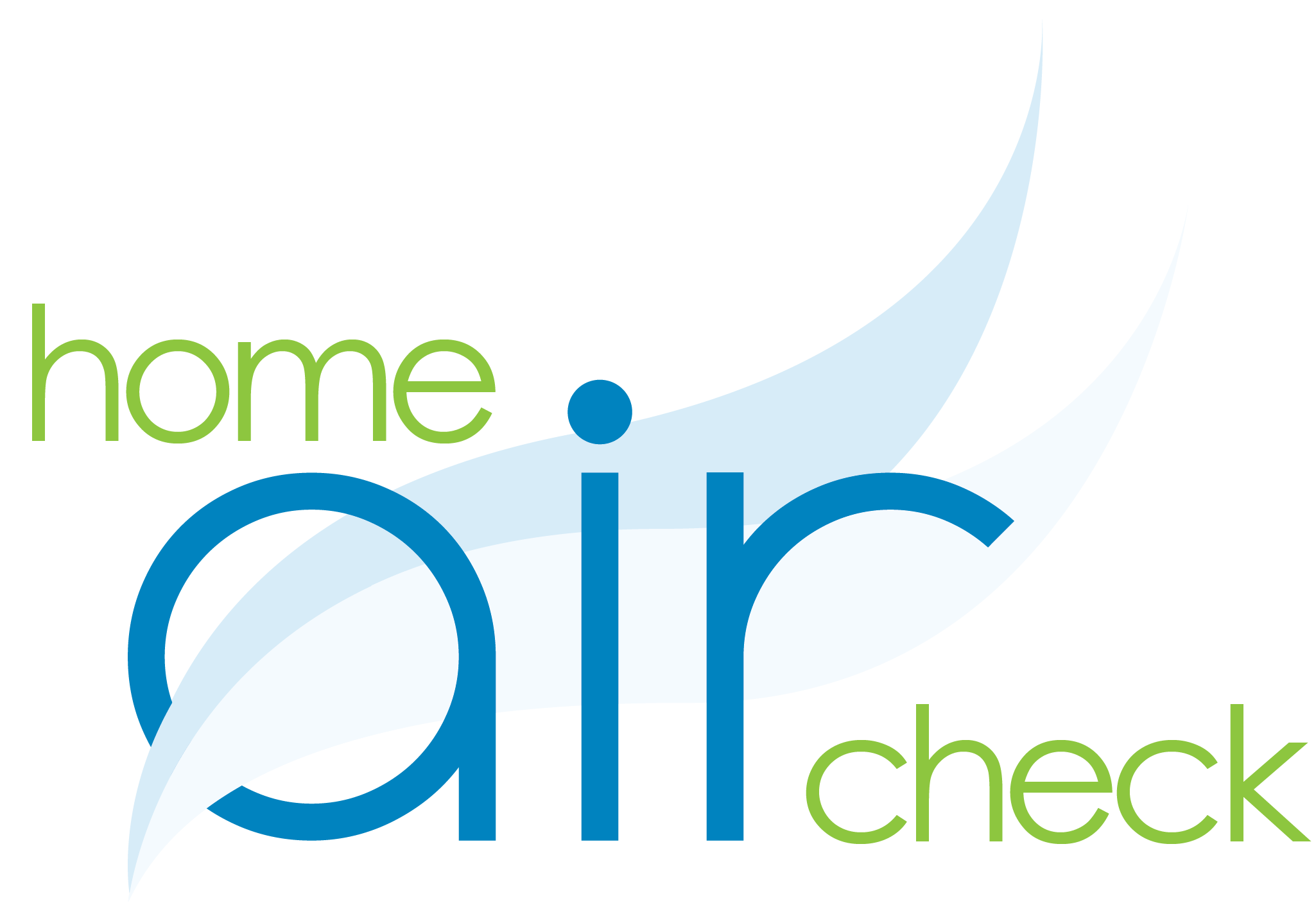October isn’t just about pumpkin spice lattes and falling leaves. It’s also the perfect time to raise awareness about something that directly affects our health and well-being, indoor air quality. In honor of Indoor Air Quality Awareness Month, the Indoor Air Quality Association has touched on a few important topics when it comes to indoor air quality. Let’s take a moment to understand the importance of the air we breathe indoors and how we can ensure it’s clean and healthy.
HVAC Preventative Maintenance is Essential:
Regular HVAC maintenance is a cost-effective investment with many benefits. Financially, it saves you money by enhancing energy efficiency, reducing the risk of expensive repairs, and extending your system’s lifespan. In terms of health, it ensures cleaner indoor air by preventing the buildup of allergens and contaminants in your HVAC system. Preventative maintenance can detect potential hazards like gas leaks, improving your family’s safety. Lastly, a well-maintained system operates reliably, providing consistent comfort, making your home a more pleasant and secure environment. HVAC maintenance is a small, proactive step that brings about significant savings, healthier air, and an all-around better quality of life in your home.
IAQ and Living with Asthma:
For the 26 million Americans with asthma, limiting exposure to harmful indoor air contaminants such as dust mites, pet dander, and mold can be an important step in preventing asthma attacks. Help keep the air you breathe clean by vacuuming often, cleaning hard surfaces daily and changing your air filter regularly. These steps to a cleaner indoor environment can significantly enhance the quality of life for your loved ones with asthma, helping them breathe more easily and comfortably.
Keeping Your Home Mold Free:
Moisture and mold can create respiratory issues, which is why it is important to try and keep your home mold free. Mold growth often follows excess moisture buildup, and inhaling mold spores can lead to respiratory issues, allergies, and other health problems. To maintain a mold-free environment, promptly address any leaks or water damage, as they are prime breeding grounds for mold. Additionally, improving ventilation by running exhaust fans in areas prone to humidity, such as bathrooms and kitchens, helps reduce moisture levels and discourages mold growth, promoting a healthier indoor air.
Time Spent Indoors:
Did you know that Americans spend approximately 90% of their time indoors? Consider taking some time to scan your home for ways to increase the breathability of your air. Start by checking for sources of indoor air pollution, like smoking, household chemicals, or inadequate ventilation. Regularly maintaining HVAC systems, using air purifiers, and incorporating indoor plants can be simple yet effective steps to enhance air quality. By being proactive in making your indoor spaces healthier, you can ensure that the air you breathe is clean and conducive to a better quality of life.
If you are concerned your home may have harmful indoor air contaminants, jump over to our standard and enhanced service options.


